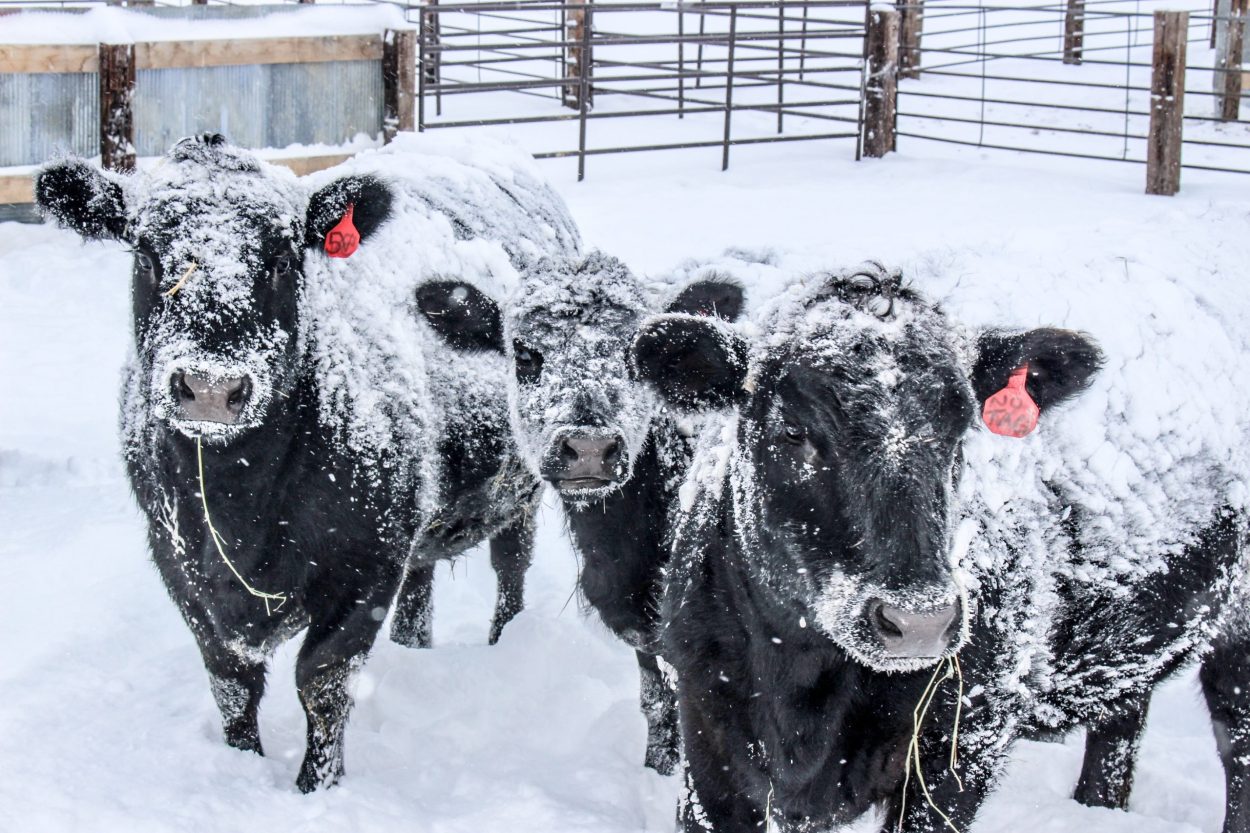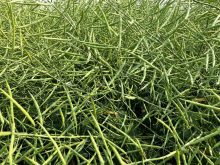Chicago/Beijing | Reuters — China on Friday slapped anti-dumping duties on a U.S. animal feed ingredient known as distillers’ dried grains (DDGS) amid an intensifying spat between the world’s two largest economies over agricultural trade which totaled over US$20 billion last year.
Beijing’s preliminary decision calls for duties of 33.8 per cent, effective immediately, the Ministry of Commerce said. The move comes after a months-long probe following complaints by China’s ethanol producers that the U.S. industry was unfairly benefiting from subsidies.
China is the world’s top buyer of DDGS, a byproduct of corn ethanol used by feed mills as a substitute for corn and soymeal. China imports almost all of its needs from the U.S., the largest exporter, and trade was worth $1.6 billion in 2015 (all figures US$).
Read Also

Klassen: Strong demand underpins Western Canadian feeder market
For the week ending February 28, Western Canadian feeder cattle markets were unchanged from seven days earlier. Calves may have…
But buying has slowed dramatically this year because of concerns over the outcome of the probe. DDGS exports from the U.S. to China slid more than 60 per cent to 1.7 million tonnes in the first seven months from a year ago, worth $347 million.
The two countries are also embroiled in disputes over China’s exports of steel and aluminium.
The U.S. industry is “deeply disappointed” with the decision, a trio of trade associations including two biofuels groups and the U.S. Grains Council said, reiterating their stance that the industry is not dumping.
The decision affects some of the biggest players in the U.S. ethanol industry, including global traders Archer Daniels Midland (ADM) and Louis Dreyfus, along with Poet LLC, oil refiner and ethanol producer Valero Energy and grains group Andersons Inc.
“We’ve developed strong relationships with Chinese customers. They’ve become great customers of ours. We value their business,” said Neal Kemmet, president of ACE Ethanol in Wisconsin, which is involved in the probe. He declined to give more details about specific volumes shipped to China.
China’s decision was widely expected, however, and companies said the impact could be minimal.
A spokeswoman for Louis Dreyfus Commodities said in an emailed statement that the decision was largely within expectations and was not of “significant concern” given the size of the company’s exports to China.
The head of Green Plains, a top U.S. ethanol producer which was not involved in the case, said that trade flows to the country would continue.
A U.S. trader said the duties were higher than he had been expecting, while in China, some traders said they had feared duties would be higher, between 40 per cent and 60 per cent.
“The problem is this is just the preliminary result. People are worried that the final one could be even higher,” said one Shanghai-based trader.
China did not give a timing for a final decision.
Beijing previously launched an anti-dumping investigation into DDGS imports from the U.S. in late 2010, later extending the probe before dropping it in mid-2012. The earlier investigation slowed China’s imports of the feed ingredient but did not stop them entirely.
U.S. farm co-operative CHS Inc. was excluded from the ruling because the information submitted by the company to the government was inconclusive, the ministry said.
— Reporting for Reuters by Beijing newsroom, Dominique Patton in Beijing and Michael Hirtzer in Chicago; additional reporting by Chris Prentice in New York and Gus Trompiz in Paris; writing by Josephine Mason.
















